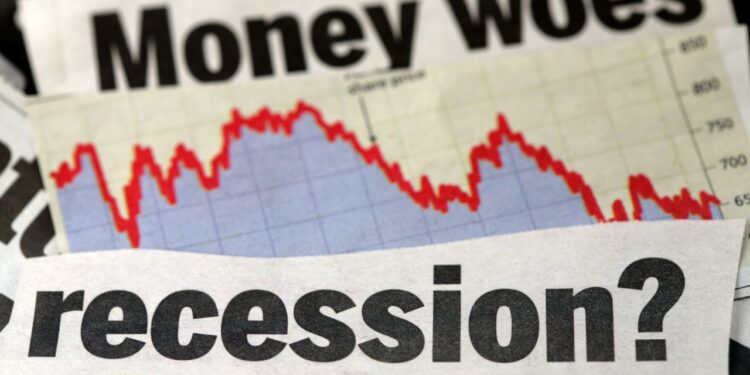During annual ECB-hosted confab in Sintra, Portugal, U.S. Federal Reserve Chair Jerome Powell said that the economy is being impacted by various forces since the beginning of the pandemic.
As a result of the health crisis itself, supply chain limitations, inflation, the war in Ukraine, and more, established economic models have been upended while banks have been forced to reevaluate how to approach the economy in the long-term.
Some experts believe this has led to irreversible changes, but that the top priority is to bring down inflation, even if it means hurting growth.
“Is there a risk that we would go too far? Certainly there’s a risk,” said Powell. “[But] the worst pain would be from failing to address this high inflation and allowing it to become persistent.”
The pressure of high costs is leaving central bankers increasingly concerned about both short-term and long-term implications. Although the Federal Reserve has left the door open on interest rate hikes in the future, experts are less-than-confident about the economic outlook.
“[We] are not confident in this view and rising uncertainty around their reactions to supply shocks that lower growth and raise inflation increases near-term recession risk,” stated a report from Bruce Kasman and Joseph Lupton of JPMorgan Chase.















